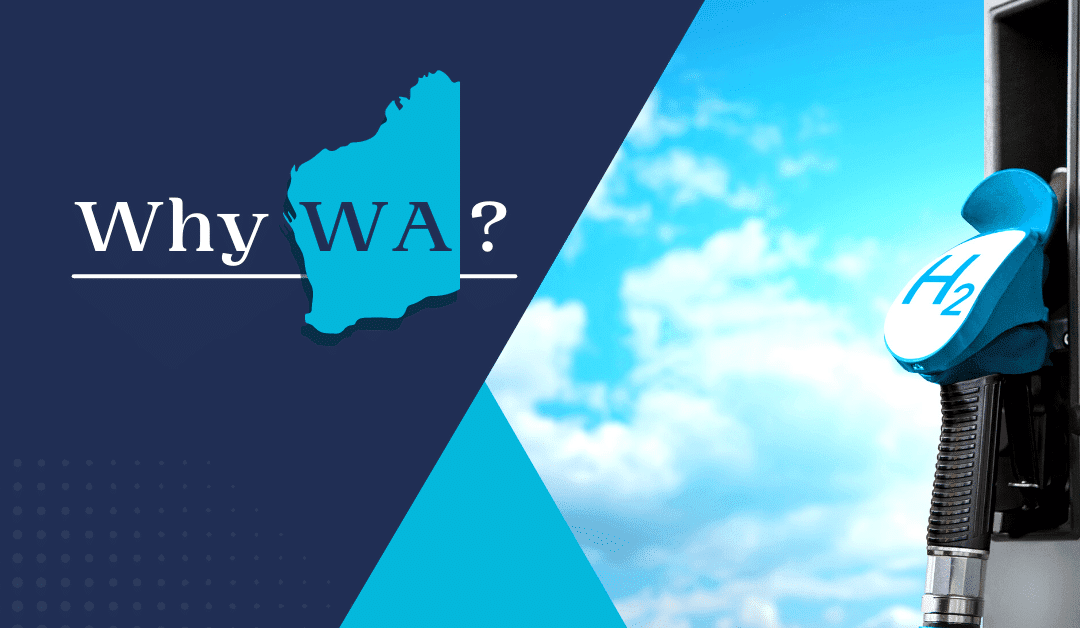If renewable hydrogen was previously dismissed as an environmentally friendly solution for energy, it is now making a comeback as more people in power begin to realise that if we do not reduce our carbon emissions, humanity’s future on earth will be compromised.
It might be a harsh realisation, but it is also undeniable that its acceptance has renewed the efforts of nations like Australia in making renewable hydrogen mainstream, and the state of Western Australia seems to be at the centre of such efforts.
With other nations following Australia in the same direction, it becomes reasonable to predict that soon hydrogen is going to play a similar role to what fossil fuels fill today, meaning that anyone seeking to get an early start in the industry should be looking at operating in WA.
Allow me to show you why:
An Emerging Industry
When talking about the prospects of investing in renewable hydrogen as an investment, we need to ask a very simple question: what is the market going to look like in ten years?
And, when looking at the numbers, the answer seems pretty clear.
The current global hydrogen demand is 70 million tons annually, with most of it still being produced through methods that stray far from being low emissions.
This means there is an ever-growing demand for renewable hydrogen, with countries like Japan signalling their intention to procure up to 300,000 tons of low-emission hydrogen by 2030.
And Australia has been well aware of this growing demand, projecting the value of their low emission hydrogen exports to be somewhere in the $2.2 billion mark by 2030, and a whopping $5.7 billion by 2040.
Fortescue’s Forte
Now, let us focus a bit more on WA, where Fortescue Future Industries (FFI) is leading the global energy transition by developing a global portfolio of renewable energy and green hydrogen projects, attracting talents to the State.
Just recently, in March 2022, they closed a deal with E.ON, one of Europe’s largest energy network operators which will see them delivering up to five million tonnes of renewable hydrogen to the continent on an annual basis.
In that same month, they had also closed a deal with AirBus that puts them at the vanguard of the aviation industry’s decarbonisation process, creating an even bigger global demand for clean hydrogen in the future.
So you could say they are the overachieving type.
Aiming High
The great leaps in the renewable hydrogen field in WA are largely a fruit of the local administration’s ambition which continues to set high quotas for production and exportation for the next two decades.
Just their goals for 2022 alone include a gas network to distribute renewable hydrogen across the territory and a refuelling facility designed specifically for hydrogen-running vehicles.
Looking into 2030, you can also see the state’s intention to employ renewable hydrogen as a fuel solution for the mining haulage vehicles in its huge resources industry, which should be adopted for overall transportation throughout the region.
With such ambitious plans, the world will be able to look at WA as a window into a future that could potentially be free of fossil fuels.
Forward Thinking
The secret to WA’s success in the renewable hydrogen industry comes from the mentality that sees a world without fossil fuels, not as a desirable possibility, but as a goal to strive towards.
When confronted with the issues that may arise from the pursuit of such a goal, the talents of WA seem to immediately pick them up as stimuli for innovation, instead of seeking the usual route that promises the least effort.
It is this mentality that has put WA at the forefront of innovation, and that makes the region such a promising opportunity for investment. They have the right mentality and the talent; all they need is support.


Recent Comments